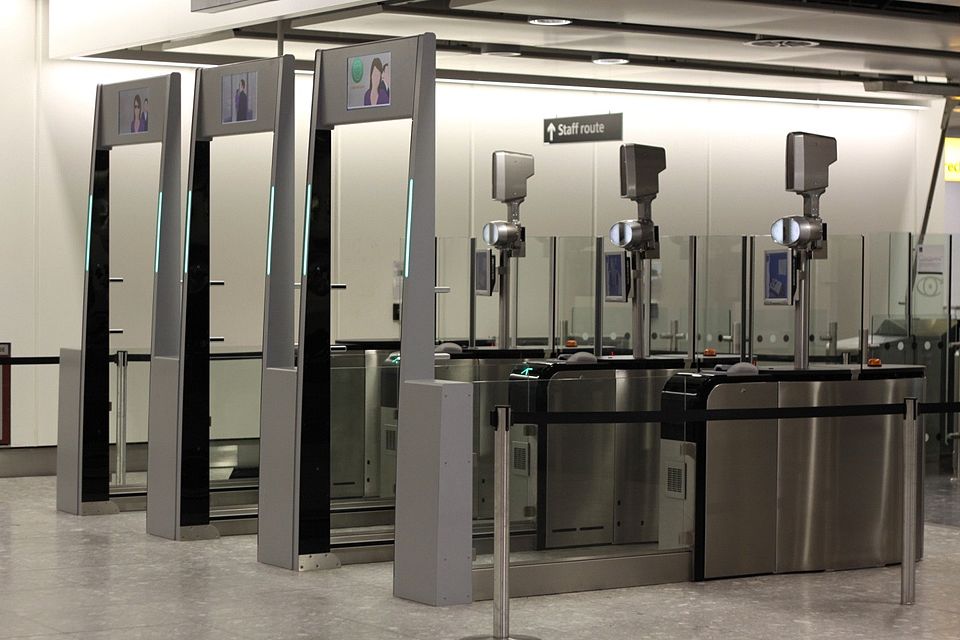
British tourists could soon use EU passport gates once again as part of a new Brexit reset deal being negotiated by Sir Keir Starmer’s government.
Nick Thomas-Symonds, the UK's EU minister, confirmed on Sunday that the government is working toward an agreement with Brussels aimed at easing travel for British citizens. Speaking ahead of a major UK-EU summit on Monday, he said the deal would help reduce waiting times for UK travellers entering Europe.
The proposed arrangement would allow British arrivals to use e-gates—currently only available to EU and EEA nationals—saving time and improving the travel experience. “This is about giving people more time to enjoy their holidays or work trips, instead of being stuck in long queues,” Thomas-Symonds said in an interview on the BBC’s Sunday with Laura Kuenssberg.
He stressed that the deal was still being finalized, noting that “nothing is agreed until everything is agreed.” However, the potential change has been widely welcomed by UK travellers, many of whom have complained about delays since Brexit forced them into the slower “all passports” lanes at European borders.
Among the public critics of post-Brexit travel delays is broadcaster Jeremy Clarkson, who has publicly vowed to avoid holidaying in Europe due to the “nuisance” of the new rules.
The full package of proposals is expected to be unveiled by Prime Minister Starmer on Monday during a summit in London with European Commission President Ursula von der Leyen and European Council President António Costa.
In addition to smoother border crossings, the deal is expected to include a new youth mobility scheme, which would allow young people to live and work across the UK and EU for several years—similar to existing arrangements the UK has with countries like New Zealand and South Korea.
The UK may also gain access to the EU’s €150 billion defence fund, expanding collaboration on security and innovation.
Some critics have accused the government of undermining Brexit by reintroducing elements of freedom of movement “through the back door.” However, Starmer has insisted the deal respects key Brexit principles and does not involve rejoining the single market, customs union, or restoring full freedom of movement.
“This is about what’s good for our jobs, good for our bills, and good for our borders,” Starmer said on Sunday.
Thomas-Symonds also indicated that the UK would consider aligning with EU regulations in some areas to reduce trade barriers. “We’re approaching this practically, not ideologically,” he explained. “Where it’s in our national interest to align with common standards to boost trade and help struggling businesses resume exports to the EU, we will make a sovereign decision to do so.”
He compared the approach to the UK’s trade agreement with the United States, where the government upheld food standards despite broader regulatory negotiations. “This is about pragmatism—for jobs, for growth, and for making Brexit work better for the UK.” Photo by Home Office, Wikimedia commons.




































